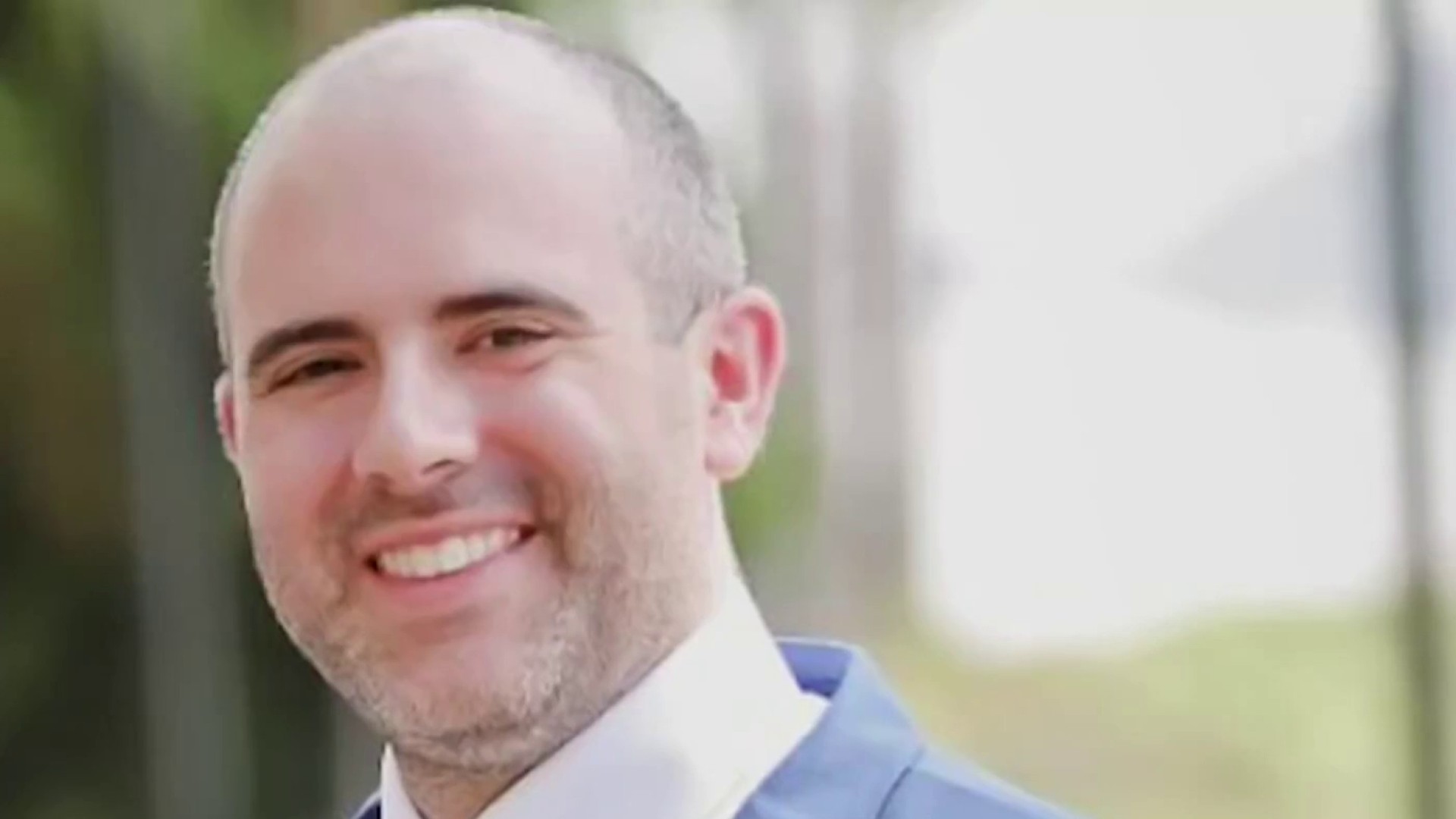A series of virtual kidnapping schemes have been attempted in recent months in Maryland, according to a review of police reports by the News4 I-Team.
A virtual kidnapping is an extortion scheme, in which a criminal demands money from a victim by phone while pretending to hold captive a victim’s loved one.
The FBI issued warnings about a series of virtual kidnappings in New York and Texas in 2014. The recent cases in Maryland indicate the crime has spread to the Washington, D.C., region.
The execution of a virtual kidnapping scheme can be elaborate but relies on deception. An alert released by the FBI in 2014 said, “(Virtual kidnappers) coerce individuals to isolate themselves from their families—or make families believe that their loved ones are being held—all to extract a quick ransom before the scheme falls apart.”
In the Maryland cases reviewed by the I-Team, victims said the scheme was executed by cellphone. Each said they answered calls from unknown, unrecognized phone numbers. The victims said the callers had male voices and claimed to be in close proximity to a relative of the victim. The victims said the caller threatened to harm or kill the victim’s loved one if the victim didn’t immediately wire thousands of dollars.
Jamie York, a husband and father of two from Frederick County, said the virtual kidnapping he suffered was traumatic and almost cost him about $1,000. York said he was called on his cellphone and told his wife had been in a car accident and was being held until York paid money to cover the costs of damage and injury. He said a female voice could be heard screaming on the other end of the phone. York said,
Local
Washington, D.C., Maryland and Virginia local news, events and information
“The caller told me, ‘I’ve got your wife,’” York said. “’She’s at gunpoint. You need to keep the phone to your ear. Do not call police. Get to the nearest Western Union.’”
York said the caller was insistent he not talk to anyone else until the money was wired.
“He’s screaming at me, ‘You need to hurry up,’” York said. “He’s constantly engaging you in conversation.”
York did complete the money wire transfer. He said an alert store employee was able to cancel the transaction after York discovered the virtual kidnapping was a hoax.
A Suitland man described a similar scheme, in an interview with the I-Team.
“I got a phone call out of thin air basically saying your brother has been in a serious accident,” he said.
The Suitland man said the caller threatened to harm his brother if money was not wired.
A report last year from the Frederick County Sheriff’s Office said there was a series of recent virtual kidnapping schemes in the Frederick-area.
In 2015, four members of a virtual kidnapping ring were sentenced to federal prison for duping more than 124 families out of about $190,000 through bogus kidnappings in California. Federal court records indicate at least one of the victims was from Maryland.
According to federal prosecutors, “The ring targeted victims from Mexico and Central America that spoke primarily Spanish and were not United States citizens.”
Virtual kidnappers strategically prevent victims from hanging up the telephone, until money is exchanged, FBI Criminal Investigative Division Assistant Section Chief Tim Ferguson said.
“They try to keep individuals on the phone as long as possible, so the victim can’t try to contact a family member,“ Ferguson said.
Reported by Scott MacFarlane, produced by Rick Yarborough, and shot and edited by Jeff Piper.



